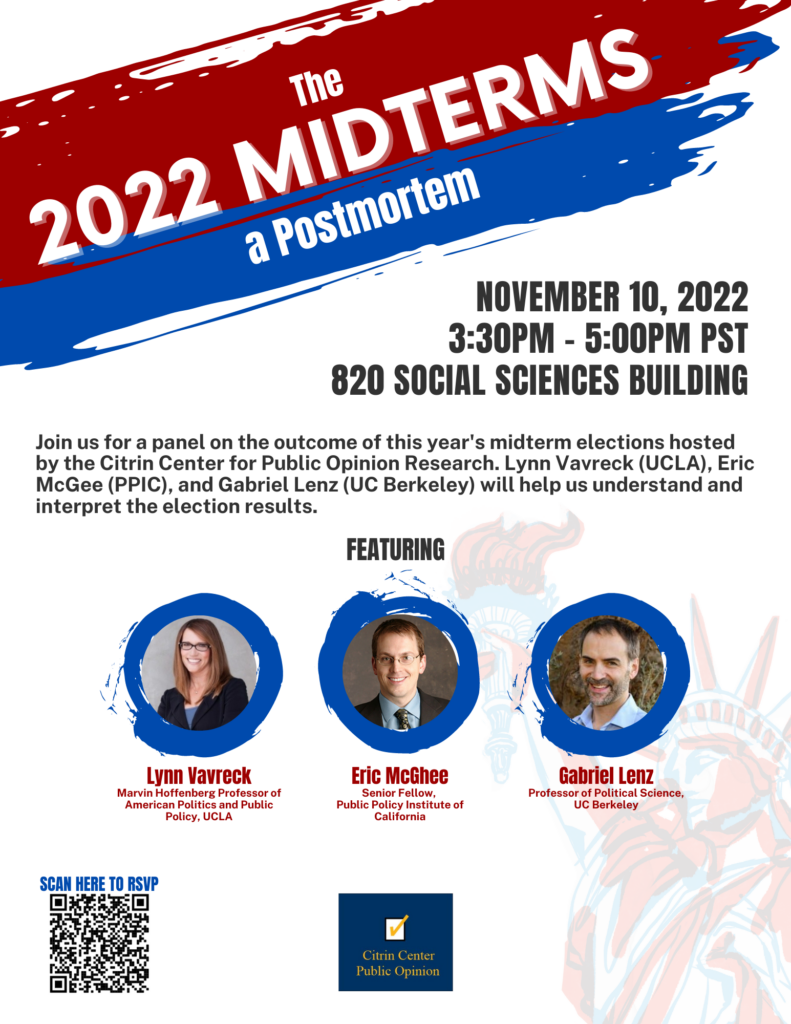Please register to join us on March 23 at 4pm for an event featuring Phil Gorski, Frederick and Laura Goff Professor of Sociology and Religious Studies at Yale University, discussing his new book (co-authored with Samuel Perry), The Flag and the Cross: White Christian Nationalism and the Threat to Democracy. The respondent will be David Hollinger, Preston Hotchkis Professor Emeritus of History at UC Berkeley. Carolyn Chen, Co-Director of the Berkeley Center for the Study of Religion and Professor of Ethnic Studies, will moderate.
Jointly sponsored by the Berkeley Center for the Study of Religion (BCSR) and the Center for Right-Wing Studies. This event will be presented in-person at Social Science Matrix (820 Social Sciences Building) and streamed online via Zoom. Registrants will receive a Zoom link prior to the event.
This event is part of the BCSR Public Forum on Race, Religion, Democracy and the American Dream, and is generously funded by the Henry Luce Foundation.
About the Speaker
Philip S. Gorski, Frederick and Laura Goff Professor of Sociology and Religious Studies at Yale University, is a comparative-historical sociologist with strong interests in theory and methods and in modern and early modern Europe. His empirical work focuses on topics such as state-formation, nationalism, revolution, economic development and secularization with particular attention to the interaction of religion and politics. His other current interests include the philosophy and methodology of the social sciences and the nature and role of rationality in social life. Among his recent publications are The Disciplinary Revolution: Calvinism and the Growth of State Power in Early Modern Europe (Chicago, 2003); Max Weber’s Economy and Society: A Critical Companion (Stanford, 2004); and “The Poverty of Deductivism: A Constructive Realist Model of Sociological Explanation,” Sociological Methodology, 2004. Gorski is Co-Director (with Julia Adams) of Yale’s Center for Comparative Research (CCR), and co-runs the Religion and Politics Colloquium at the Yale MacMillan Center.
About the Book
 Most Americans were shocked by the violence they witnessed at the nation’s Capital on January 6th, 2021. And many were bewildered by the images displayed by the insurrectionists: a wooden cross and wooden gallows; “Jesus saves” and “Don’t Tread on Me;” Christian flags and Confederate Flags; even a prayer in Jesus’ name after storming the Senate chamber. Where some saw a confusing jumble, Philip S. Gorski and Samuel L. Perry saw a familiar ideology: white Christian nationalism.
Most Americans were shocked by the violence they witnessed at the nation’s Capital on January 6th, 2021. And many were bewildered by the images displayed by the insurrectionists: a wooden cross and wooden gallows; “Jesus saves” and “Don’t Tread on Me;” Christian flags and Confederate Flags; even a prayer in Jesus’ name after storming the Senate chamber. Where some saw a confusing jumble, Philip S. Gorski and Samuel L. Perry saw a familiar ideology: white Christian nationalism.
In this short primer, Gorski and Perry explain what white Christian nationalism is and is not; when it first emerged and how it has changed; where it’s headed and why it threatens democracy. Tracing the development of this ideology over the course of three centuries—and especially its influence over the last three decades—they show how, throughout American history, white Christian nationalism has animated the oppression, exclusion, and even extermination of minority groups while securing privilege for white Protestants. It enables white Christian Americans to demand “sacrifice” from others in the name of religion and nation, while defending their “rights” in the names of “liberty” and “property.”
White Christian nationalism motivates the anti-democratic, authoritarian, and violent impulses on display in our current political moment. The future of American democracy, Gorski and Perry argue, will depend on whether a broad spectrum of Americans—stretching from democratic socialists to classical liberals—can unite in a popular front to combat the threat to liberal democracy posed by white Christian nationalism.
View Map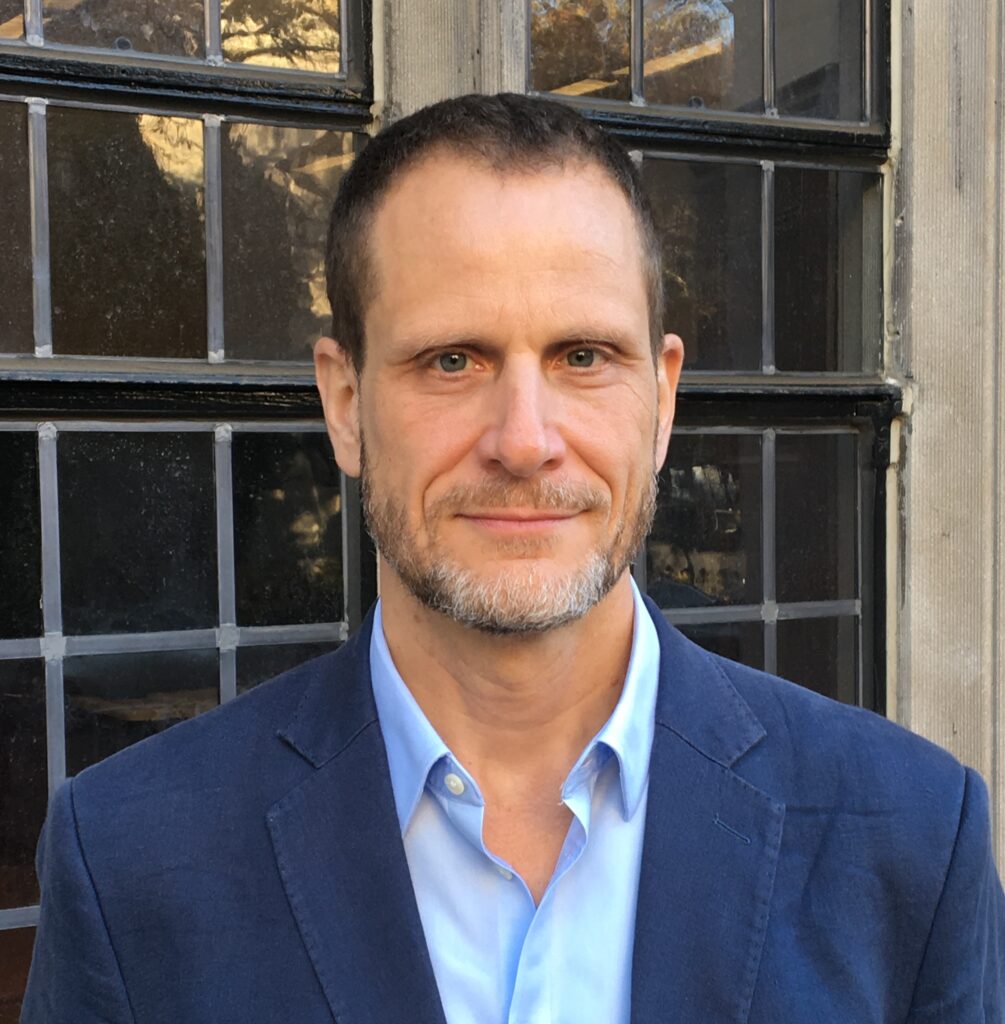
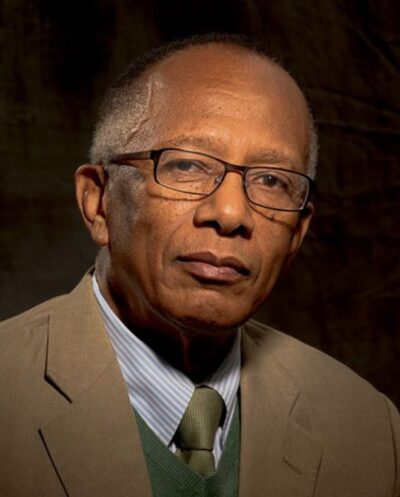
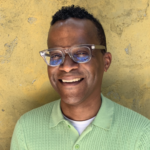 Stephen Best’s scholarship encompasses a variety of fields and materials: American and African-American literature and culture, cinema and technology, rhetoric and the law, and critical theory. His research pursuits in the fields of American and African American criticism have been rather closely aligned with a broader interrogation of recent literary critical practice. To be specific, his interest in the critical nexus between slavery and historiography, in the varying scholarly and political preoccupations with establishing the authority of the slave past in black life, quadrates with an exploration of where the limits of historicism as a mode of literary study may lay, especially where that search manifests as an interest in alternatives to suspicious reading in the text-based disciplines. To this end, Professor Best has edited a number of special issues of the journal Representations (on whose board he sits) – “Redress” (with Saidiya Hartman), on theoretical and political projects to undo the slave past, “The Way We Read Now” (with Sharon Marcus), on the limits of symptomatic reading, and “Description Across Disciplines” (with Sharon Marcus and Heather Love), on disciplinary valuations of description as critical practice.
Stephen Best’s scholarship encompasses a variety of fields and materials: American and African-American literature and culture, cinema and technology, rhetoric and the law, and critical theory. His research pursuits in the fields of American and African American criticism have been rather closely aligned with a broader interrogation of recent literary critical practice. To be specific, his interest in the critical nexus between slavery and historiography, in the varying scholarly and political preoccupations with establishing the authority of the slave past in black life, quadrates with an exploration of where the limits of historicism as a mode of literary study may lay, especially where that search manifests as an interest in alternatives to suspicious reading in the text-based disciplines. To this end, Professor Best has edited a number of special issues of the journal Representations (on whose board he sits) – “Redress” (with Saidiya Hartman), on theoretical and political projects to undo the slave past, “The Way We Read Now” (with Sharon Marcus), on the limits of symptomatic reading, and “Description Across Disciplines” (with Sharon Marcus and Heather Love), on disciplinary valuations of description as critical practice.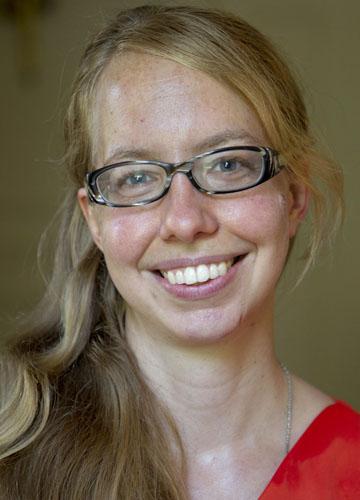


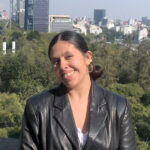



 Mariano-Florentino (Tino) Cuéllar
Mariano-Florentino (Tino) Cuéllar
 Pierre-Olivier Gourinchas
Pierre-Olivier Gourinchas
 John Zysman
John Zysman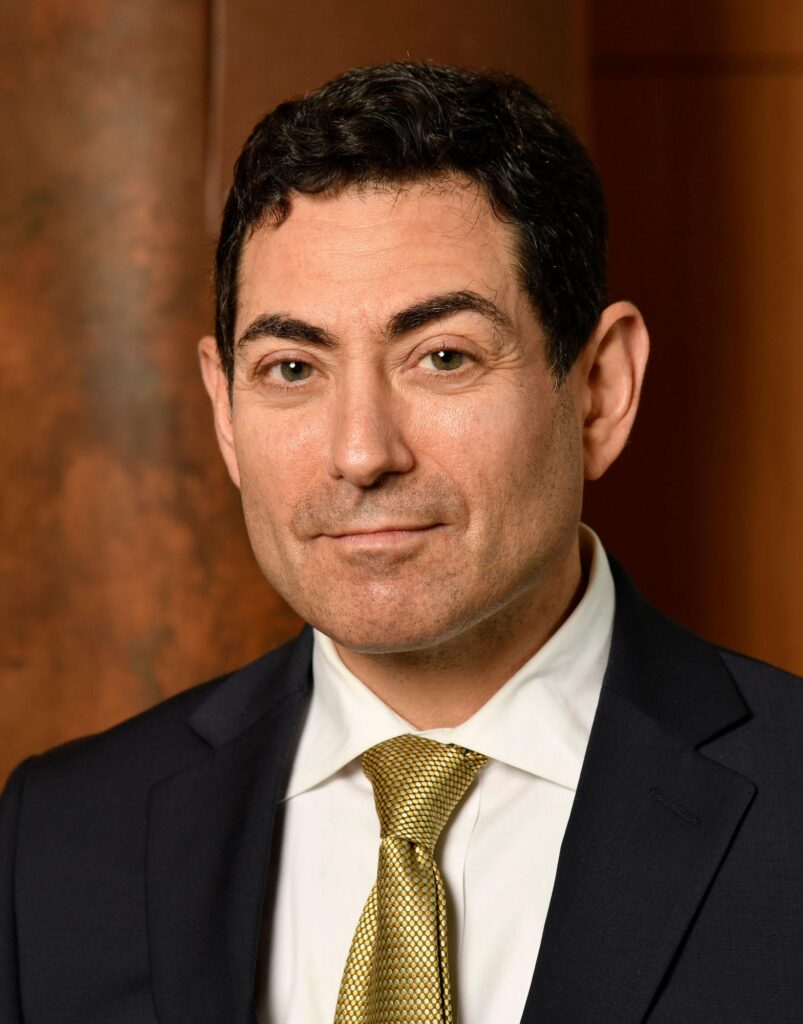

 Courtney Desiree Morris
Courtney Desiree Morris Tianna Paschel
Tianna Paschel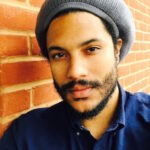 Jovan Scott Lewis
Jovan Scott Lewis Lok Siu
Lok Siu 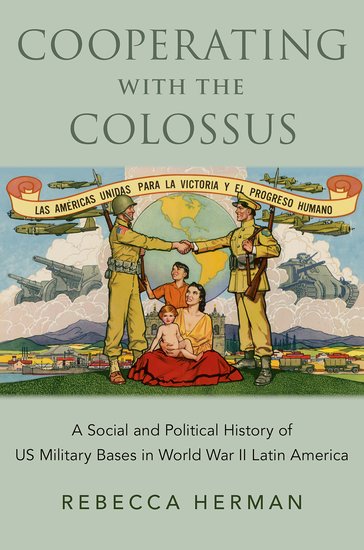
 Rebecca Herman
Rebecca Herman Julio Moreno
Julio Moreno osé Juan Pérez Meléndez
osé Juan Pérez Meléndez Elena Schneider
Elena Schneider 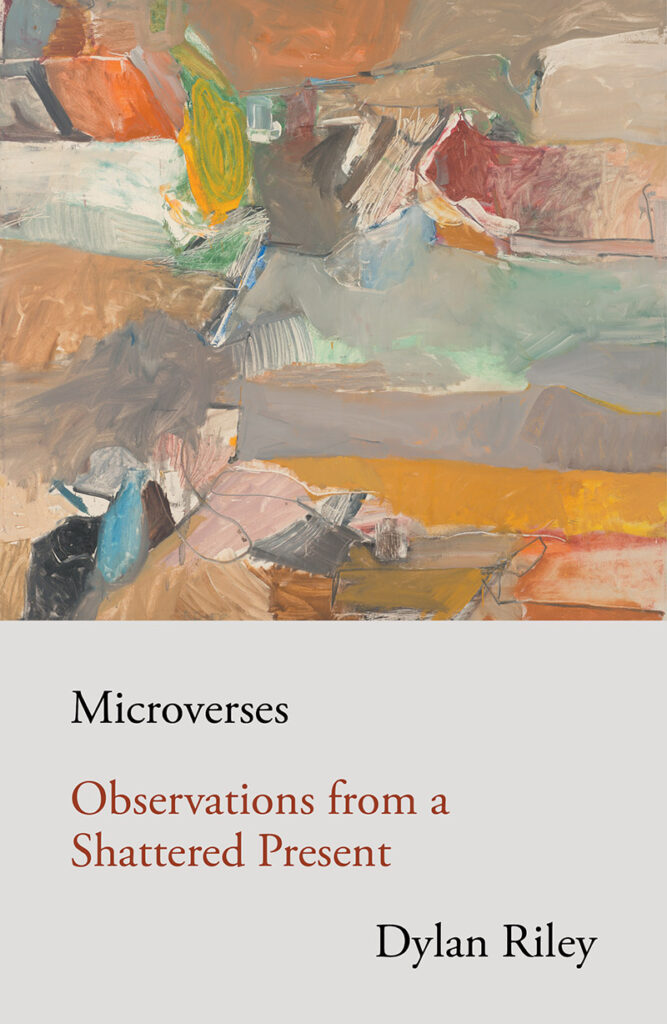


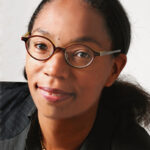


 Emmanuelle Cohen-Shacham is a consultant and the Nature-based Solutions Thematic Group lead at the International Union for the Conservation of Nature’s (IUCN) Commission on Ecosystem Management.
Emmanuelle Cohen-Shacham is a consultant and the Nature-based Solutions Thematic Group lead at the International Union for the Conservation of Nature’s (IUCN) Commission on Ecosystem Management.
